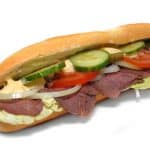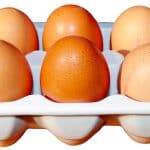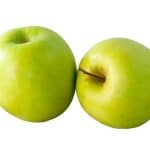The verbs DO and MAKE are often confusing to English language learners because in many other languages they are not 2 separate verbs. In this lesson, you will learn the difference between DO and MAKE and when to use them. DO past tense: “did”past participle: “done” We use “do” to describe work, a specific job or task. Examples:Jane did the shopping yesterday.I am … [Read more...] about How to use DO and MAKE in English
Archives for 2017
THIS, THAT, THESE & THOSE – Determiners and demonstrative pronouns
We use "this", "that", "these" and "those" to specify which person or thing we are talking about. We distinguish if the person(s) or thing(s) is near or far: Near"this" - singular"these" - plural Far"that" - singular"those" - plural This, that, these and those can be used as: 1) Determiners with nouns (Example: This book is good.)2) Demonstrative … [Read more...] about THIS, THAT, THESE & THOSE – Determiners and demonstrative pronouns
MUCH and MANY – Determiners
MUCH and MANY are determiners.They indicate the quantity or amount of a noun. In the affirmative, "much" and "many" mean "a large amount" or "a large quantity". What is the difference between "much" and "many"? We use MANY only with countable nouns.We use MUCH only with uncountable nouns. Let's look at this in more detail. MANY - countable nouns We use … [Read more...] about MUCH and MANY – Determiners
SOME and ANY – determiners
SOME and ANY are determiners. We use them before a noun. They express the amount or quantity of a noun. SOME and ANY are used differently for countable and uncountable nouns so it is important to understand the difference. SOME The meaning of SOME is an unknown (or unstated) amount or quantity of something (a noun). We use SOME in three types of sentence / … [Read more...] about SOME and ANY – determiners
Countable and uncountable nouns | English grammar
What is a noun? Look around you. Everything you see is a noun! (desk, computer, phone, car). Nouns are therefore objects and things. But they can also be non-physical things like ideas. A noun is a word that names: Things - Examples: table, chair, water.People - Examples: Mark, Jane, pilot, driver.Animals - Examples: dog, cat.Places - … [Read more...] about Countable and uncountable nouns | English grammar






